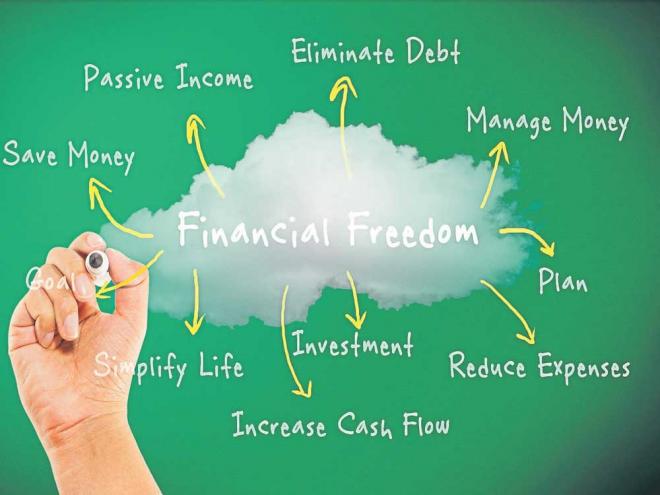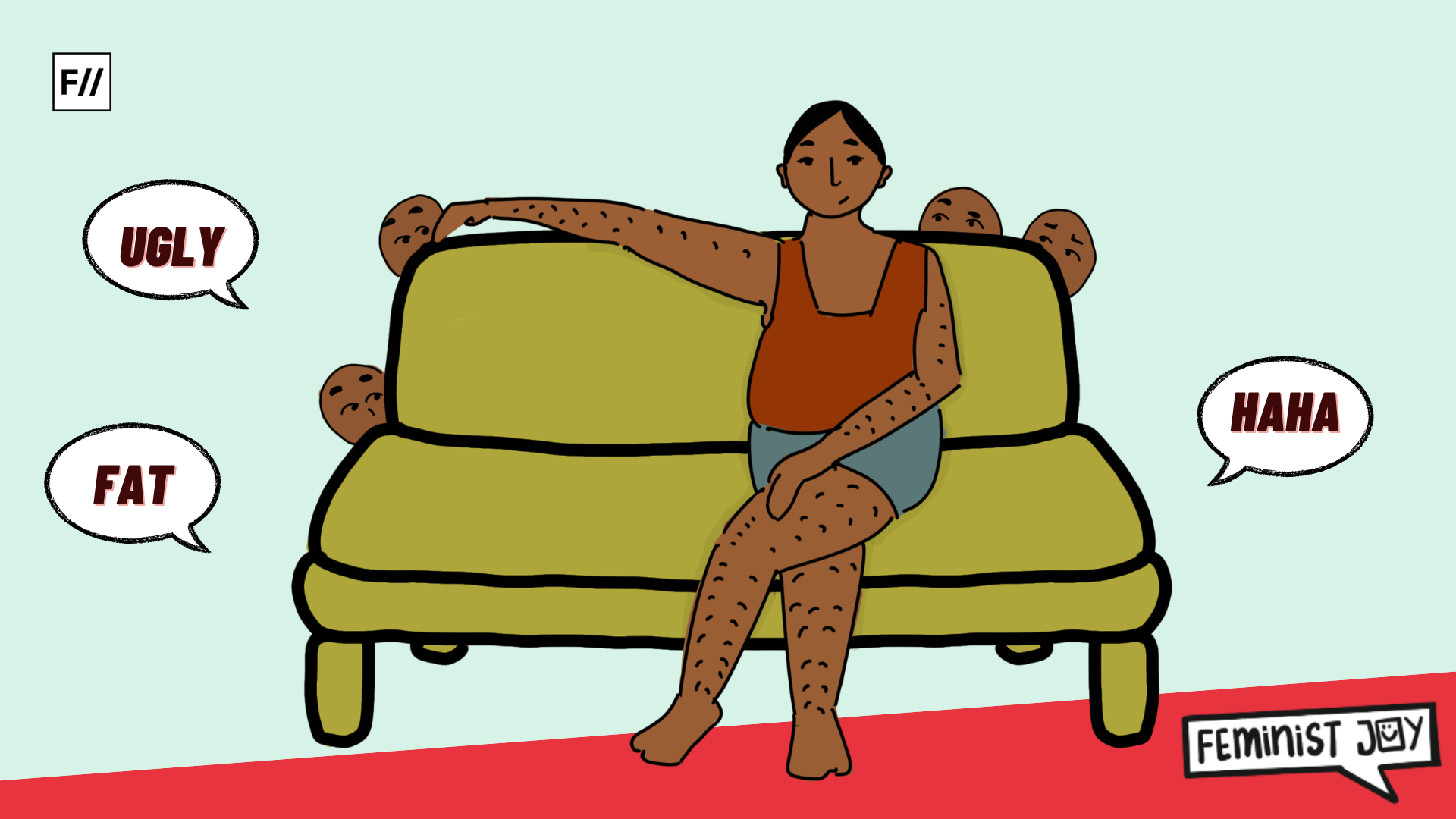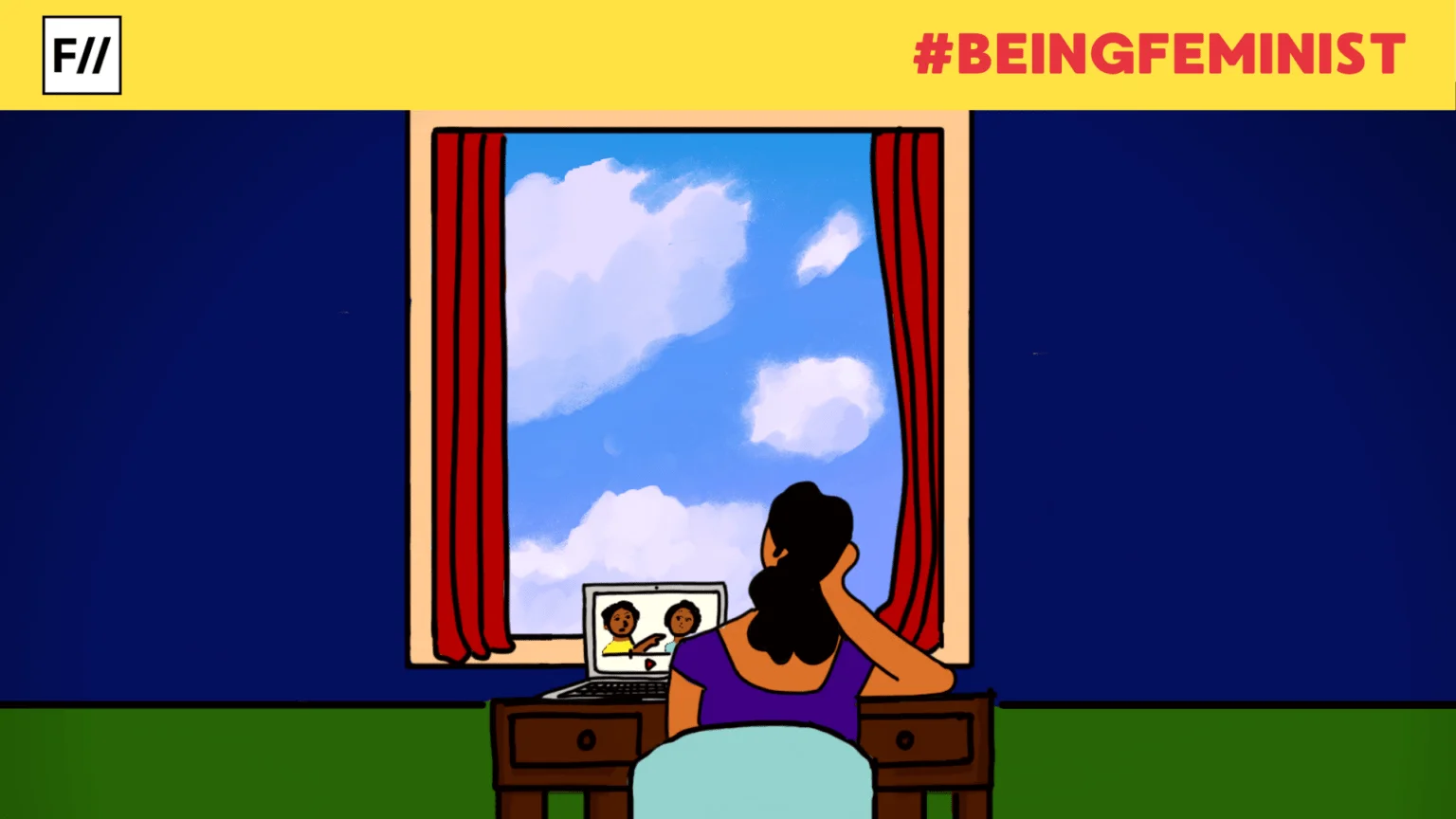As a girl born into a wealthy business family, I was told that I would never have to worry about money. But, on my 25th birthday, I set a timeline for myself to become financially independent and self-sufficient. That decision wasn’t well received and the ongoing journey hasn’t been easy.
When I was a teenager I began to understand that my mother had no control over her finances or bank accounts. When she began working, she told me, she was allowed to work only if she donated all the money she earned to charity or worked for free as a volunteer.
She was just happy she was allowed to work. But the argument that my mother had – no need to understand or earn money made no sense to me. Living costs money. And wasn’t it good that she earned money?
Around that same time, my father got my PAN card made. Like my mother, I had to sign dozens of bank documents every month. My mother didn’t ask what it was. And she didn’t even know. I know because when I asked her what the documents were for she told me to just quietly do as I was told.
I got the feeling that I wasn’t supposed to be curious about money. So, I tried to decipher the documents but the words made no sense to me. A lot of times, I signed blank forms that I am guessing were filled out later.
When I got my first internship, I was promised a minimum wage but never actually got paid, my father said I should work to learn and not worry about money. He was there, after all, to take care of everything I need. When my brother got his first job as a tutor, my parents bragged about how he is earning enough to pay his own rent as he went to college full-time.
for every man in India, 0.68 women hold an account in a financial institution.
When I got my first paid job after college, I mustered up the courage to ask my father about what the paperwork was about. He looked at me as if he was surprised I could even think of that question, and told me something along the lines of, “Since when have you become so money-minded?”
When I received my first paycheque, I didn’t know what to do with the money. A friend of mine told me to put at least 10% in savings and budget my expenses accordingly. So, I did that. But when I moved back home, I had to withdraw all my money and close my savings account.
I hadn’t seen my father in over a year when he came to pick me up at the airport. The first thing he asked me was about whether I closed my bank account or not. He wanted me to hand over all the cash to him. I didn’t feel comfortable doing that, so I refused.
He got wildly angry. I was suddenly accused of being selfish. “What is this ‘your money, my money’ nonsense,” he told me. He spoke to me as if the money I had earned was his. I felt like I was stealing from him.
The dozen documents I had to sign increased to two dozen. I even got a property registered in my name. I don’t have all the details of the property. I just know I own it because my father took me to the registration office.
I also started getting letters on my mutual fund investments. I asked my father about investing my savings again, he patronised me and said, “Why do you need to invest? I do it for you!” or brushed it off by saying, “If you want to learn, you take the effort and learn it.”
Also Read: Feminist Economics: How To Battle The Apathy Of Textbook Economics
So, to learn, I called my father’s office and spoke to the accountant. I told him I wanted to invest my savings. He didn’t take me seriously at first. But when I persisted, I was told things like, “Have you asked your father?”, “I think you should speak to him directly. I can’t help you with that.”, “He will feel really hurt if you do this.”
That night, my father and younger brother discussed stocks and my brother bragged about how much he increased his money with his investments. My dad discussed money with him like he was an equal. He also asked him for advice.
Then, I turned to my cousin, who has a masters in finance, to teach me. He sat with me one afternoon and went over all the basics on the different ways I can invest my savings. He also shared a bunch of readings with me to help me learn.
But I would need my PAN card, Aadhar card and access to my DEMAT account. I have never seen the actual copy of my PAN card. And to be able to access my DEMAT account, I would have to go back to my father or my accountant, since they controlled everything.
According to the World Economic Forum’s Global Gender Gap Report of 2017, for every man in India, 0.68 women hold an account in a financial institution. But their report does not have any conclusive data on women’s access to financial services in India. It was almost as if this report was describing my situation – I had a bank account, but did I have full and free access to it? There really was no answer to that.
Meanwhile, I had taken up a new job. I had to negotiate my salary, but at the end of it, I was still underpaid for the position I was taking up. I grumbled about the wage gap. I knew if I were a man, I would be getting paid a lot more. After all, India ranks 80th in the world for equal pay. And there isn’t even a law mandating equal pay.
Trying to understand financial tools, managing money or my own income feels like running in circles in a room with locked doors.
That week I spoke to an old family employee. I told him I want to start my own business one day. He looked at me incredulously. “When you already have such a huge set up in your family, why would you do something of your own?” he said. But I knew that all the money I had in my name, and all the wealth I grew up with, wasn’t really mine. I would never have the freedom to access it even though I was legally entitled to it.
As my paycheques began to cushion my expenses, I decided to use part of my savings to slowly build a business. My father laughed when he found out. He told me to use my savings to enjoy life, and take the money for the business from him.
But I refused. I knew if I took the money from him, he would have control and access to everything in my business like he does with my personal finances. I also looked into taking out a small loan. But even that would go under my PAN card. And I was, yet again, back to square one.
Trying to understand financial tools, managing my money, or even controlling my own income basically feels like I am running in circles in a room with locked doors. The keys to the doors seem to lie with those who do not wish to give me my financial freedom. This happens despite my privilege as an upper caste, educated women from a wealthy family.
I cannot even begin to image the hurdles women with less privilege than me must face. The gender gap is real. As is the investment gap. The more women control their finances, the less dependent women are on men.
This monetary reliance is what allows oppressive patriarchal structures to flourish and grow. So it is crucial to address and close the wage and investment gap to ensure women are able to exercise their rights as individuals without restrictions.
Also Read: Women’s Wages And The Dilemma Of Negotiation
Featured Image Credit: Deccan Herald




